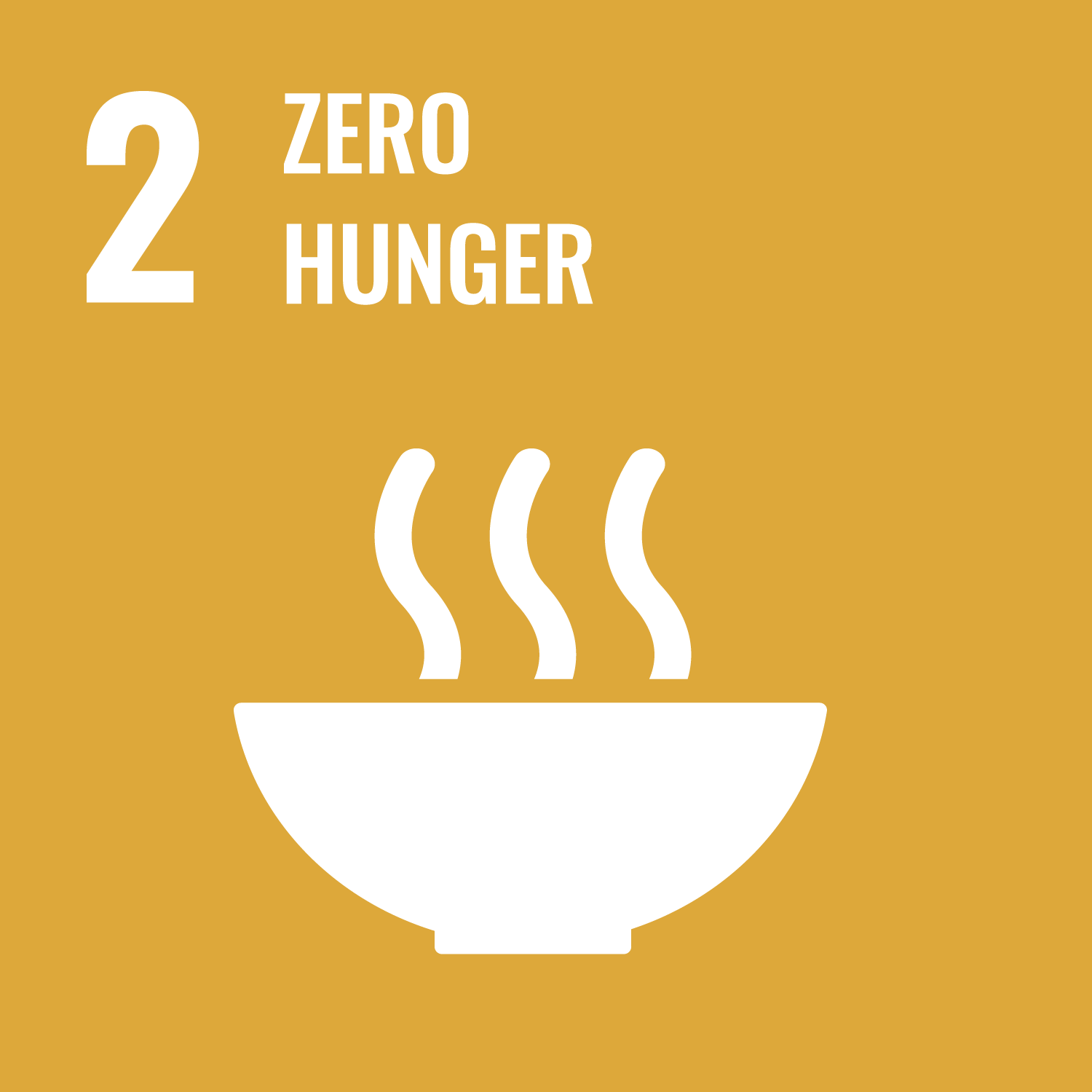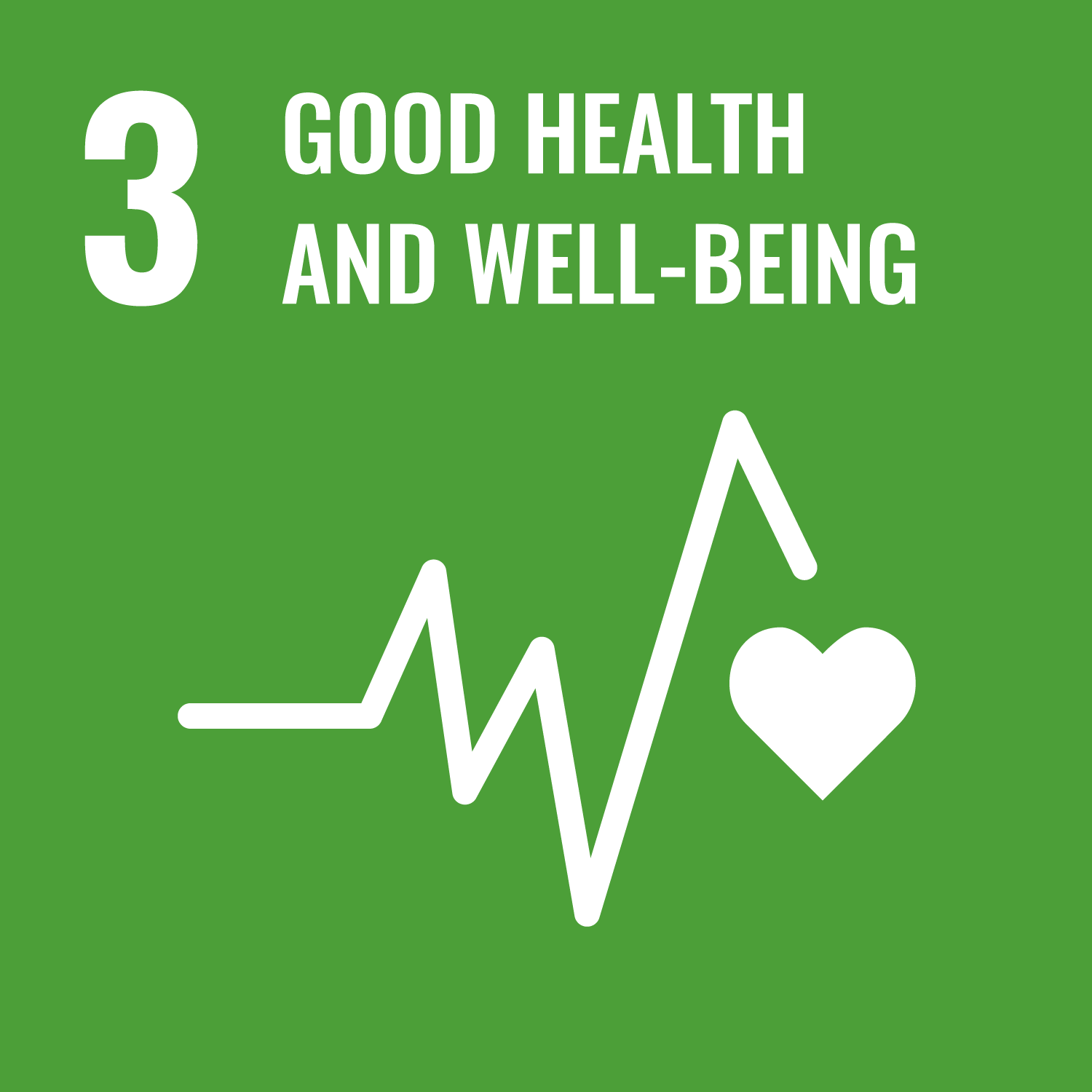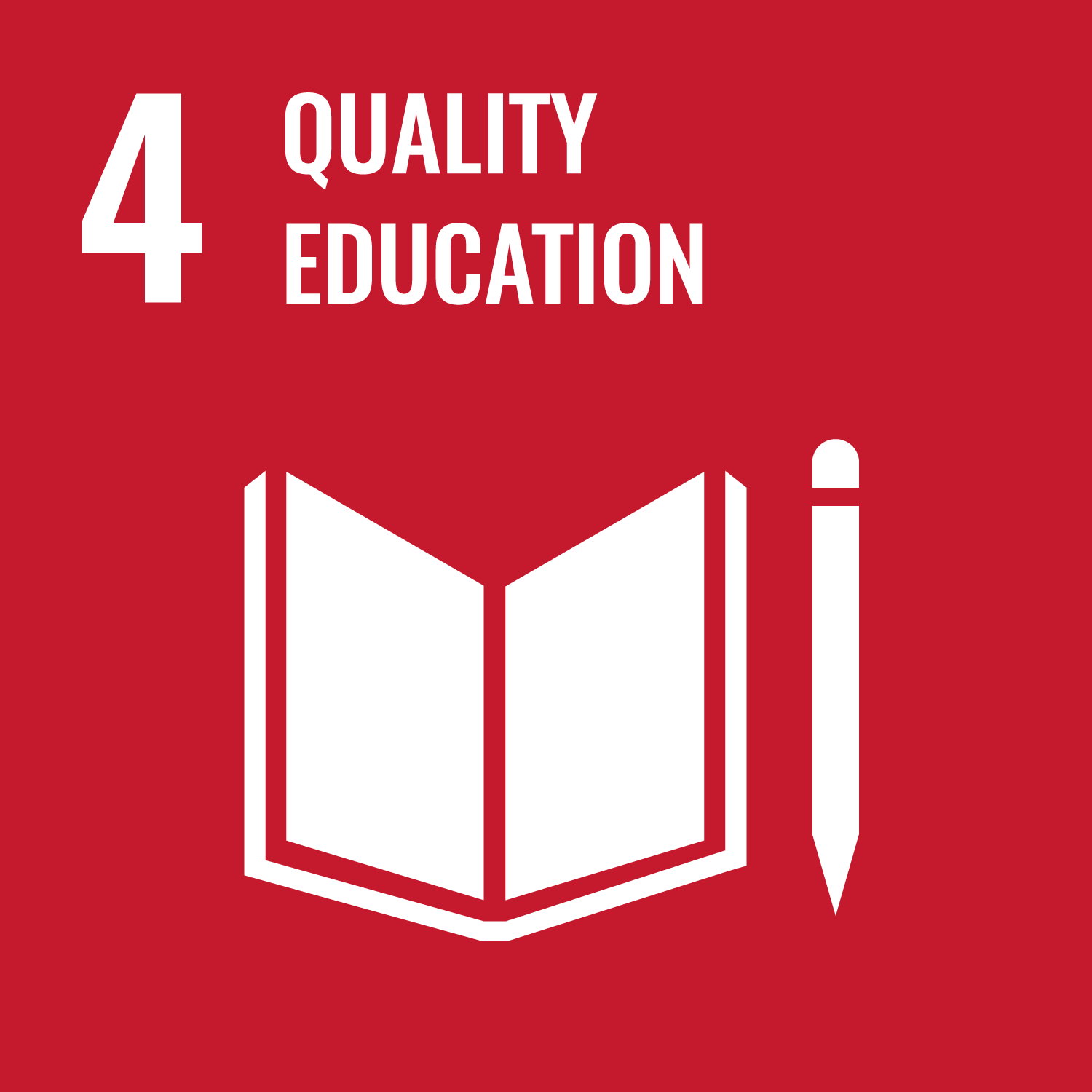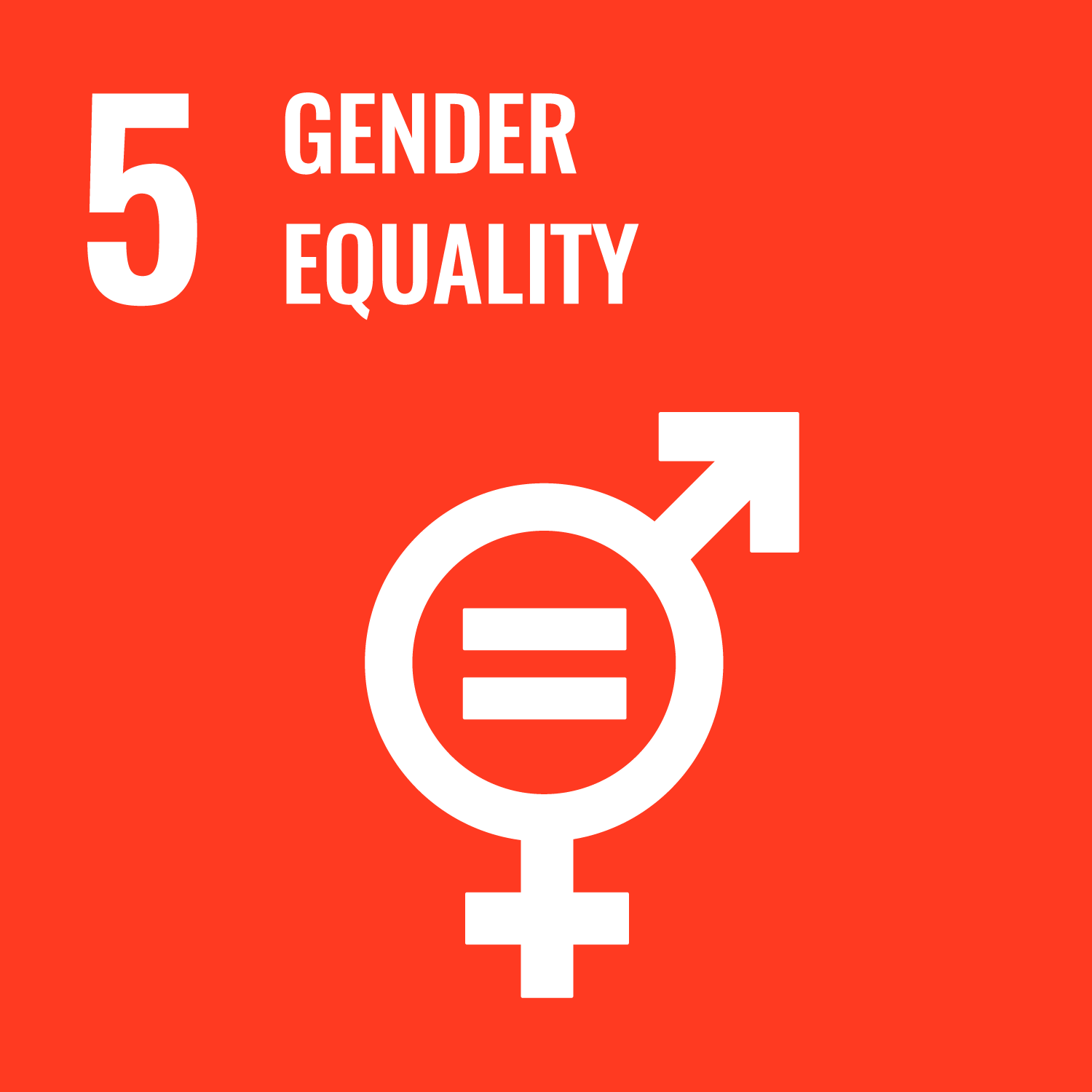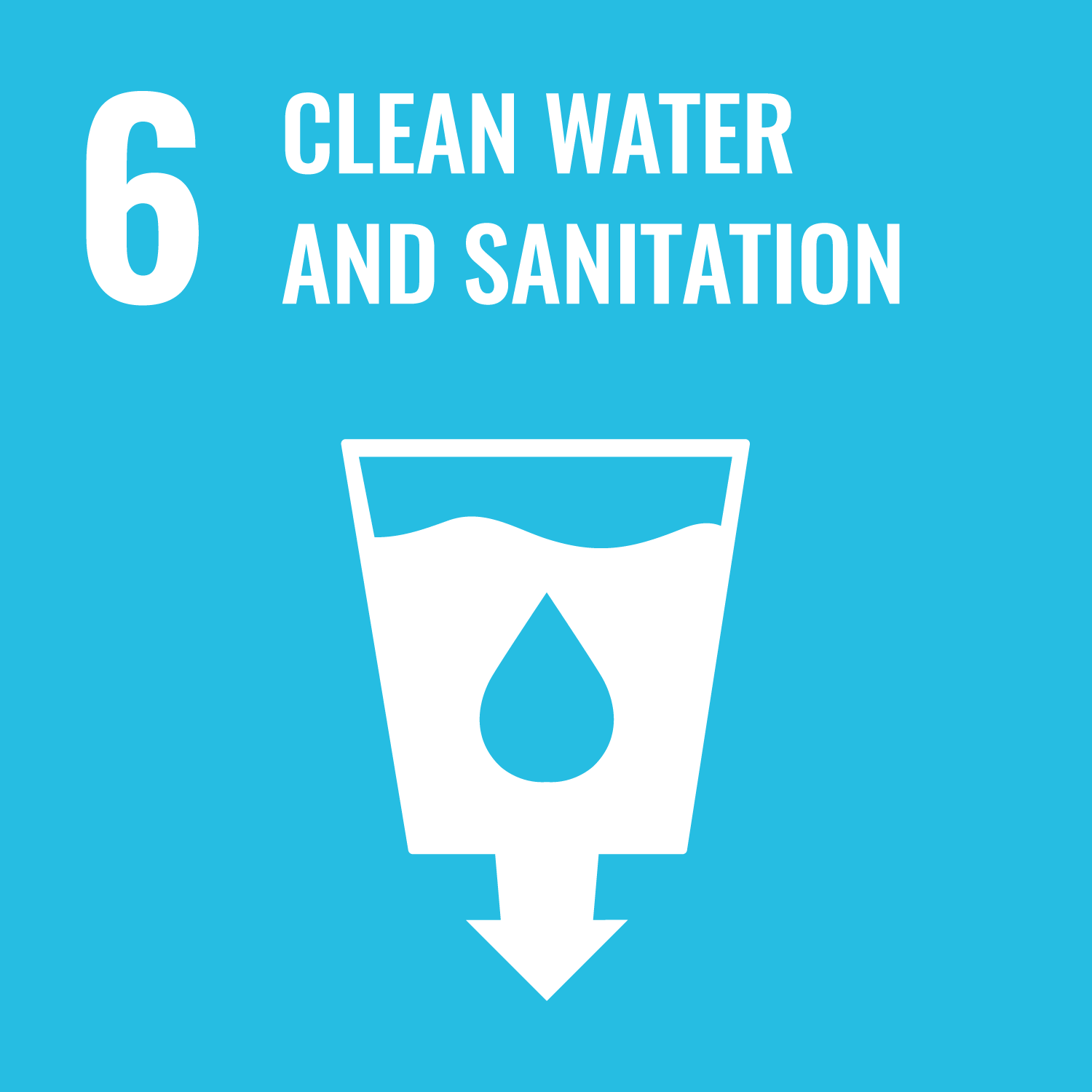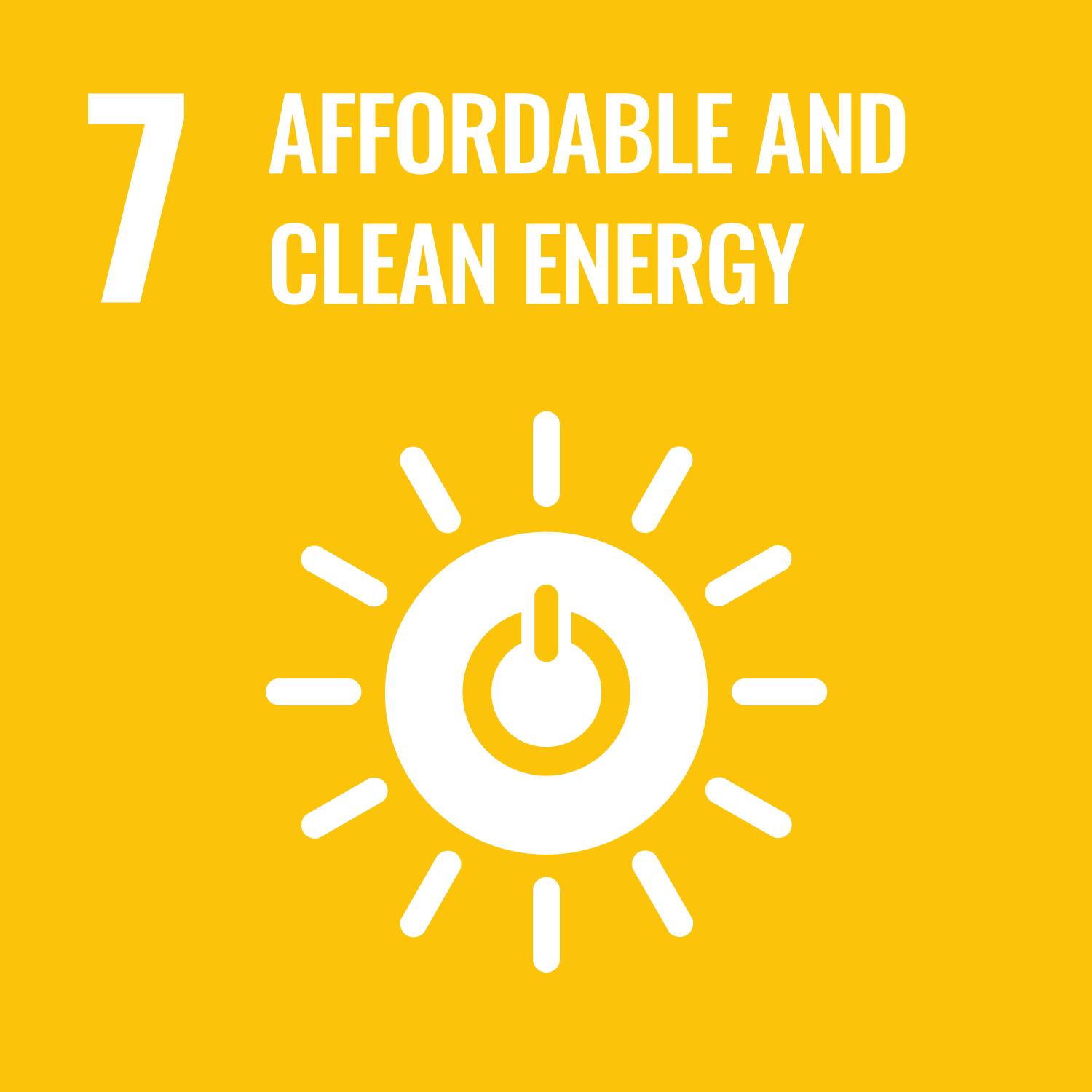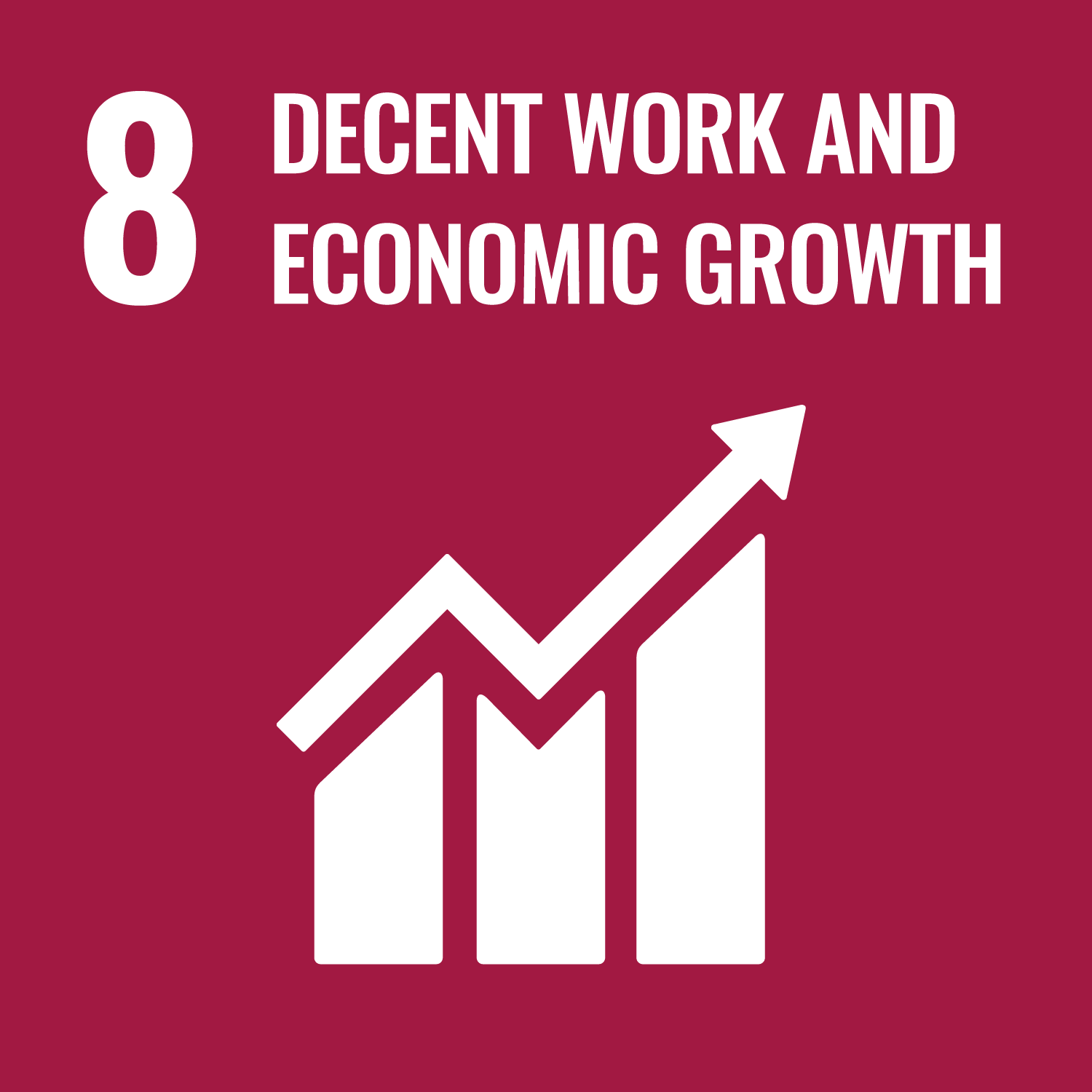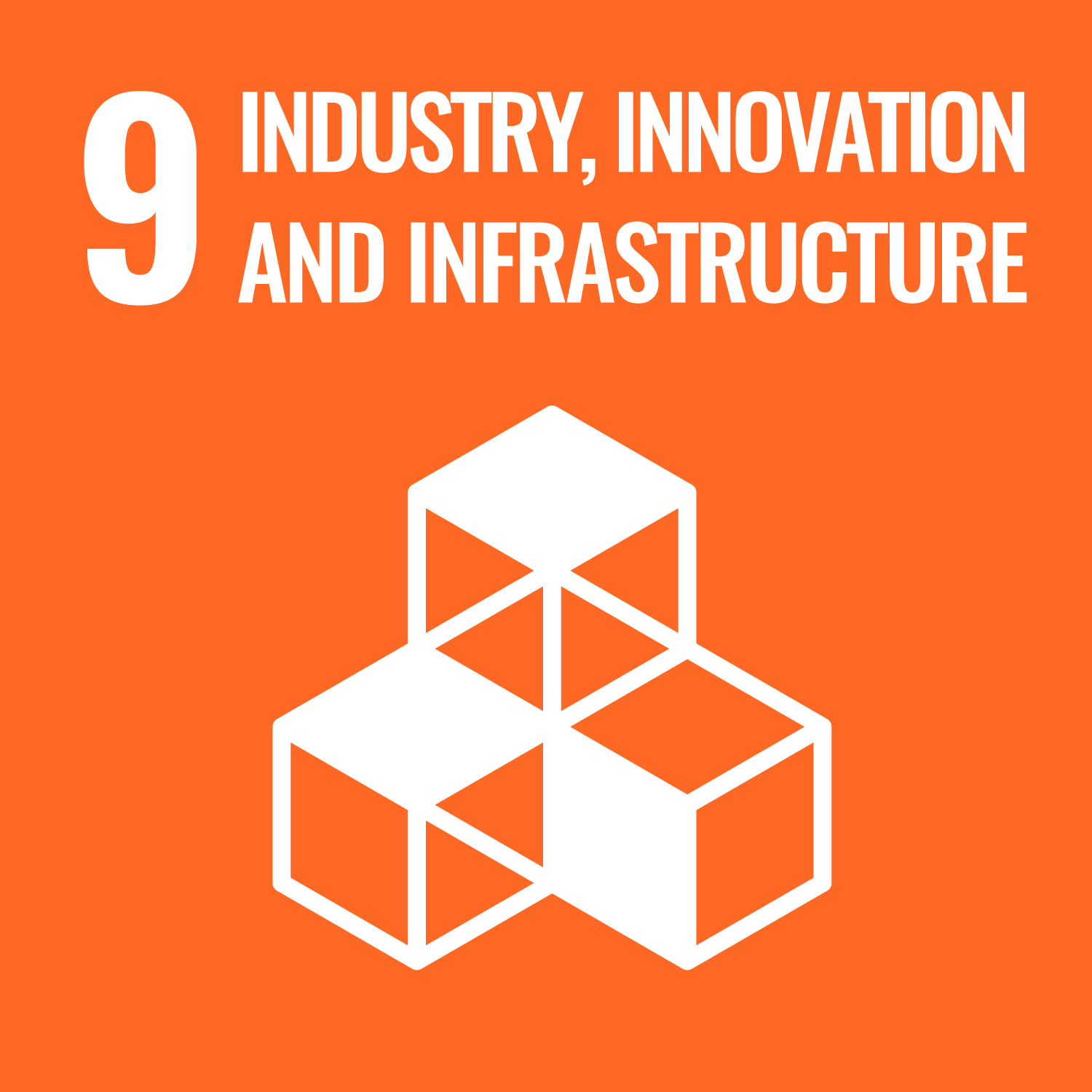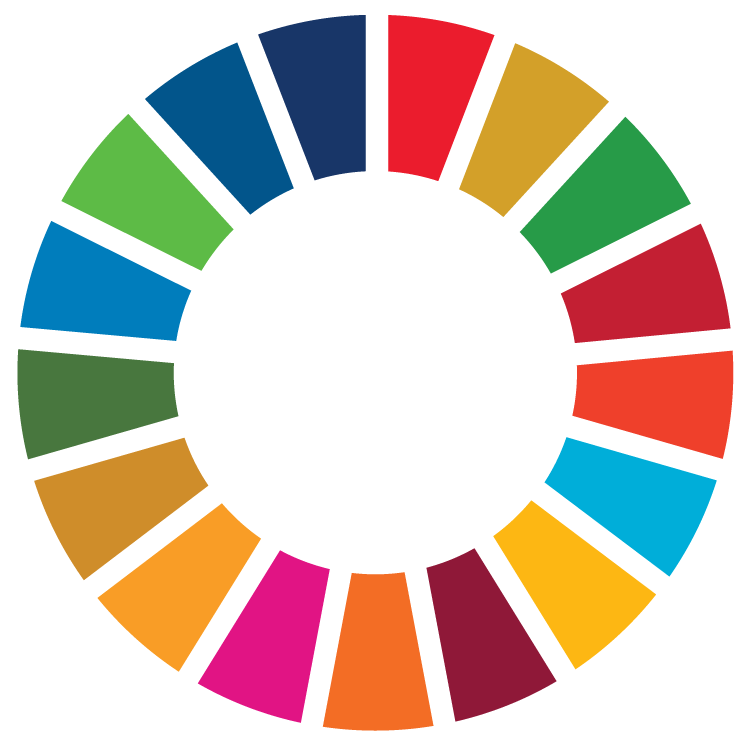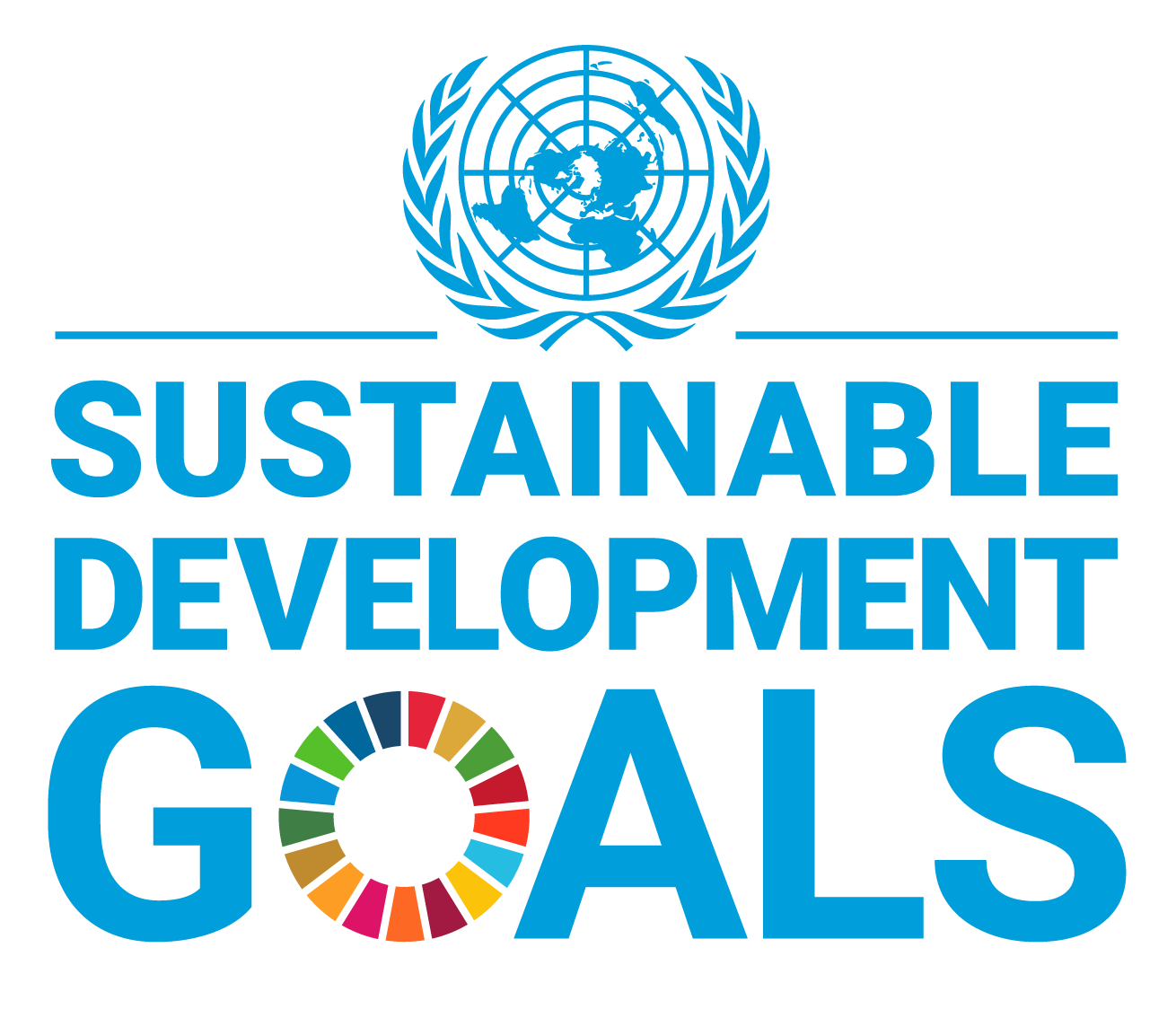- Beranda
- Tentang Kami
- Akademik
- Kemahasiswaan
- Riset
- Unit Layanan Fakultas
- LPPKM
- SDGs Initiatives
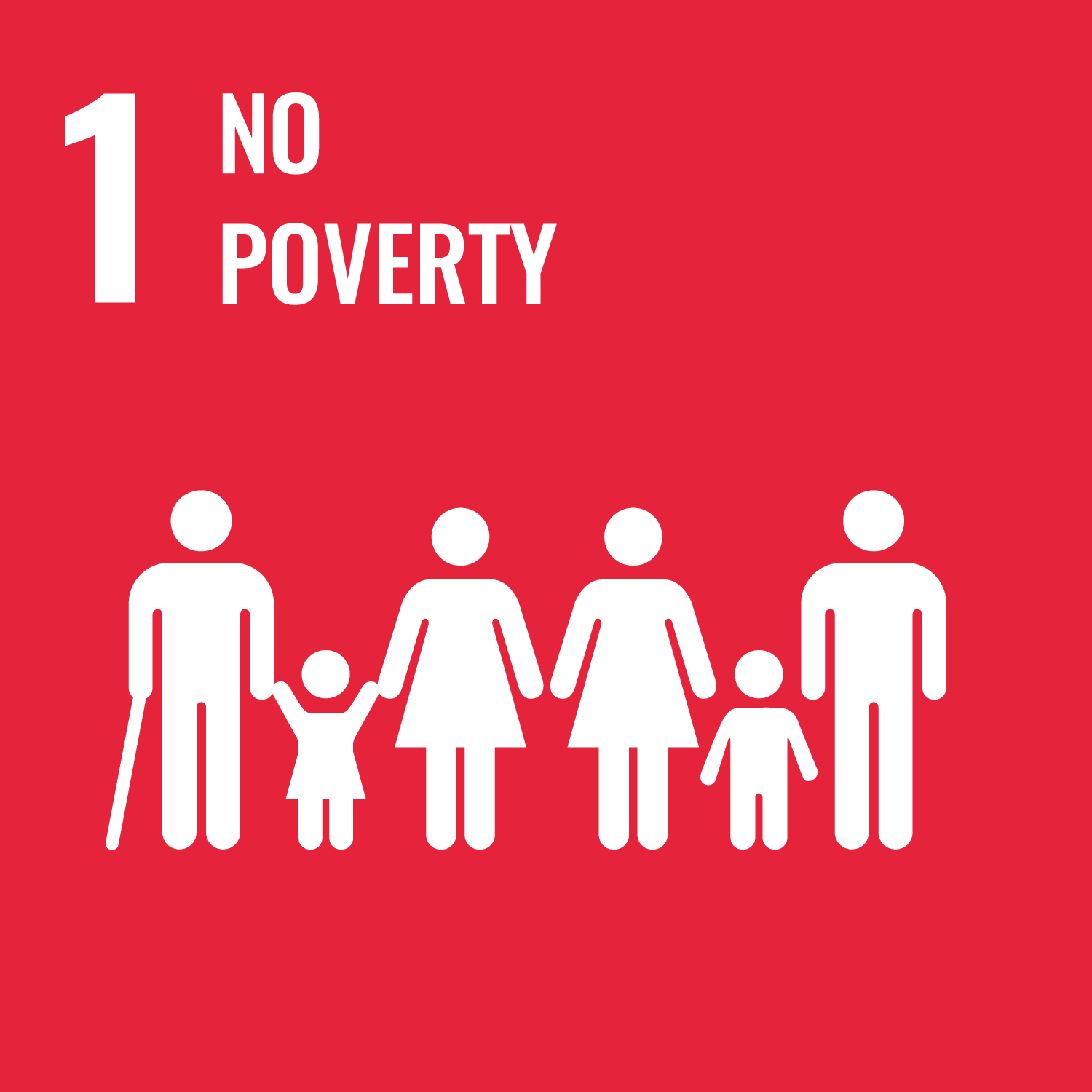

Kartu Indonesia Pintar Kuliah (KIPK) is a continuation from Kartu Indonesia Pintar (KIP) program. It is a tuition aid from the Indonesian government for high school graduates who have good academic records but have financial limitations.
While the target for KIPK receiver is not determined by the Faculty of Public Health, Universitas Indonesia, usually students who already receive KIP in high school will automatically receive KIPK in college, but they are required to create an account in the official KIPK website before they start their college application process.
Other than the pre-existing KIP receiver, there’s also a program called KIPK ongoing for new students who applied for KIPK when they have been accepted as a student at a university. For KIPK ongoing, each university will have their own quota which was provided by the Indonesian government. The universities will then open the registration for new students who are eligible to register directly to the official KIPK website.
In 2025, out of 243 students who come from low-income families, 88 of them manage to graduate from the university. Out of the 88 students who graduate, 51 of them manage to graduate on time within 8 semesters.
For students who have financial limitations, Universitas Indonesia provides student dormitories with affordable rent.
The Indonesian Ministry of Education and Culture has a tuition aid program for students who come from low-income families, which was backed by the Indonesian government called Program Indonesia Pintar (PIP). This program provides cash assistance, expanded access, and learning opportunities to prevent students from low-income families from dropping out of school and to ease the burden of education costs. The components of the assistance provided include tuition fees and living expenses/education assistance, which are transferred directly to universities and students. To access and disburse PIP assistance funds, students are provided with a Kartu Indonesia Pintar Kuliah (KIPK). This assistance is provided for a maximum of eight semesters.
In addition to PIP, the Indonesian government also provides Higher Education Affirmative Scholarships (ADiK), which are scholarships for high school graduates from remote, outermost, and disadvantaged regions; or Indigenous Papuans in accordance with Law Number 21 of 2001 concerning Special Autonomy for Papua Province; or children of Indonesian migrant workers.
The Indonesian Ministry of Education and Culture has a tuition aid program for students who come from low-income families, which was backed by the Indonesian government called Program Indonesia Pintar (PIP). This program provides cash assistance, expanded access, and learning opportunities to prevent students from low-income families from dropping out of school and to ease the burden of education costs. The components of the assistance provided include tuition fees and living expenses/education assistance, which are transferred directly to universities and students. To access and disburse PIP assistance funds, students are provided with a Kartu Indonesia Pintar Kuliah (KIPK). This assistance is provided for a maximum of eight semesters.
In addition to PIP, the Indonesian government also provides Higher Education Affirmative Scholarships (ADiK), which are scholarships for high school graduates from remote, outermost, and disadvantaged regions; or Indigenous Papuans in accordance with Law Number 21 of 2001 concerning Special Autonomy for Papua Province; or children of Indonesian migrant workers.
Directorate Innovation and Science Techno Park (DISTP) of Universitas Indonesia has a vision to become a working unit who actively encourages the increment of innovation and entrepreneurship within the Universitas Indonesia to help solve national and global issues. Innovative works which have the potential to become a business with economical value will be given a business incubation process. Startup companies with various innovations including products, processes, marketing, and organizational forms will be mentored to become startups that are expected to be able to contribute to the national economy. The startup mentoring process will be carried out on key business aspects, starting from the production and human resources to finance and marketing, as part of an effort to improve the quality of DISTP-mentored startups, ensuring their competitiveness in the market and ensuring their products are well-received. In 2024, no startups from the Faculty of Public Health, Universitas Indonesia participated in the program.There are no activities which are related to the anti-poverty goal.
The Faculty of Public Health, Universitas Indonesia has a program called Posbindu Griseta which collaborates with health agencies such as the health department or hospitals. This program aims to increase health awareness and knowledge, especially regarding non-communicable diseases. The main activity of the Posbindu is a simple health check followed by health outreach in seminars and talk shows as well as health consultations.

